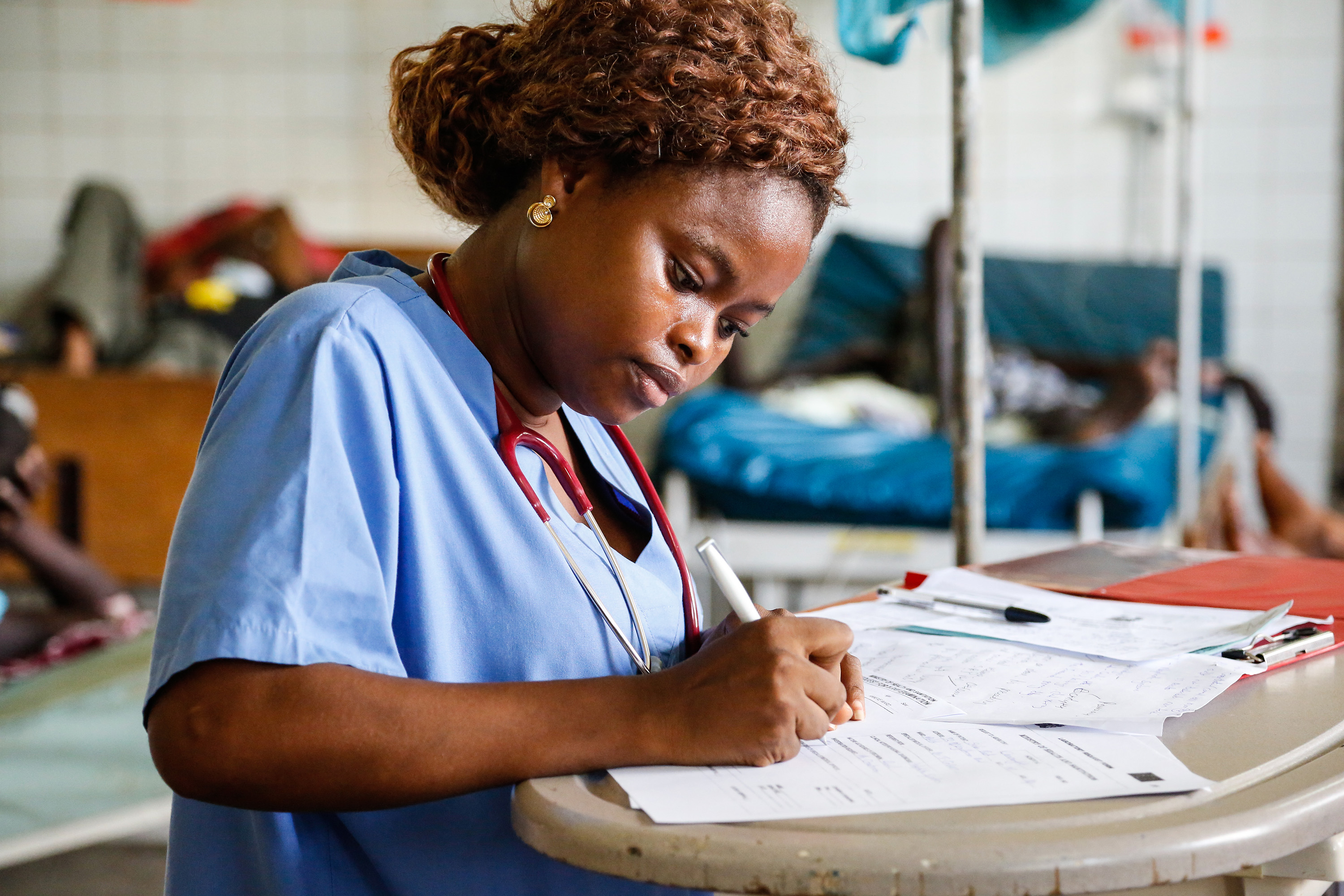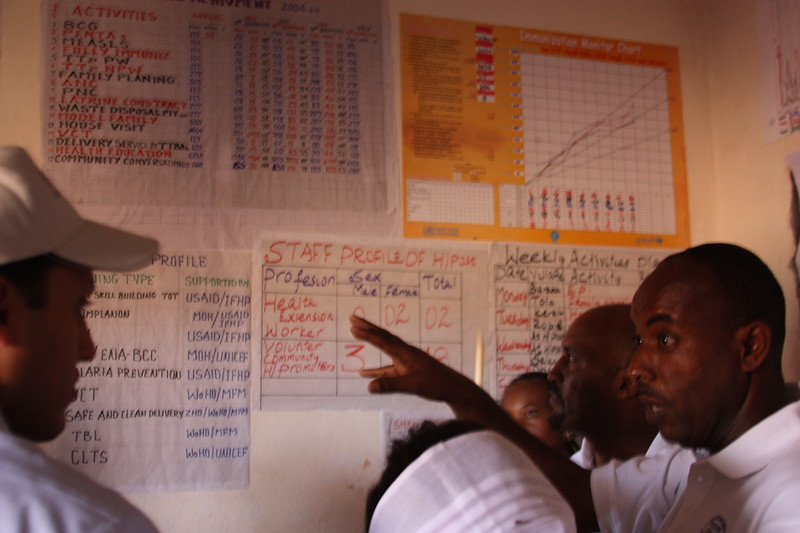Read the executive summary below or download the full report (PDF).
Hospitals are central to building and maintaining healthy populations around the world. They serve as the first point of care for many, offer access to specialized care, act as loci for medical education and research, and influence standards for national health systems at large. Yet despite their centrality within health systems, hospitals have been sidelined to the periphery of the global health agenda as scarce financial resources, technical expertise, and political will instead focus on the expansion of accessible primary care.
As a result, many hospitals in low- and middle-income countries have failed to evolve and modernize, both in operations and infrastructure, while the knowledge base on hospital effectiveness and efficiency remains small and inadequate. In turn, the standard of care and efficiency achieved by these hospitals has stagnated. The gap in treatment capacity and quality between wealthier and poorer countries—and between hospitals serving wealthier and poorer populations—is widening, just as emerging economies are poised to expand the range and depth of healthcare through universal health coverage.
Fast Facts on the Proposed Global Hospital Collaborative
Why hospitals?
- Hospitals are necessary for the provision of emergency and specialist care, and thus a necessary component of universal health coverage (UHC).
- Many emerging market hospitals face significant performance gaps, compromising patient safety and the efficiency and effectiveness of care.
- In many countries, the hospital sector is a leading driver of overall health expenditure, sometimes consuming up to 70% of government health budgets.
- Yet despite their centrality and importance, emerging market hospitals receive little technical support, financial resources, or policy prioritization from the external global health community.
Why now?
- Epidemiological and demographic conditions are changing rapidly: most emerging economy hospitals are unprepared to coordinate with the broader delivery system and address challenges related to non-communicable diseases and aging populations.
- The traditional “rescue” function is often lacking or deteriorating: as the Ebola crisis demonstrated, many emerging economy hospitals are ill-equipped to provide emergency care and treat the critically ill.
- Despite the increasing needs for hospital-based care, many emerging market hospitals are costly and inefficient – this threatens the viability of health systems and contributes to the financial burden of households.
What is the vision for a Global Hospital Collaborative (GHC)?
- To create a world where low- and middle-income populations in emerging economies have access to high performing, affordable hospitals.
- To integrate these facilities into universal health coverage, strengthen health systems, and generate better health outcomes.
What is the proposed GHC mission?
- To provide a global knowledge exchange platform for hospital-related policy, data, research, and best practices.
Who would the GHC serve?
- All stakeholders engaged in the management of underserved secondary and tertiary hospitals, which usually have limited access to advisory services. These include policymakers, investors and donors, payers, suppliers, governance bodies, hospital managers, and clinical leadership.
What the GHC could do—short term:
- Collect and disseminate evidence from and the experiences of hospitals in emerging economies.
- Benchmark hospital performance, management practices and governance arrangements in a small subset of countries, helping inform efforts to improve efficiency, quality and coordination.
- Create a web-based knowledge clearinghouse on hospital-relevant themes.
- Pilot tailored technical assistance to a small number of target countries.
What the GHC could do—long term:
- Establish peer-to-peer advisory services for hospitals or groups of hospitals.
- Develop a standardized and accessible data reporting system on inputs, quality, outcomes and other performance measures.
- Launch synthesis briefs and innovation review series.
- Establish an operational research program.
Next steps: What’s needed to make the GHC a reality?
- A number of activities are needed to support the development and launch of the GHC, including:
- Identification of seed funding to support the development of a constitution and web presence, and to hire a small staff;
- Establishment of physical premises;
- Outreach to in-country stakeholders to develop the network; and
- Production of key products.
Download the full report (PDF).
Rights & Permissions
You may use and disseminate CGD’s publications under these conditions.





